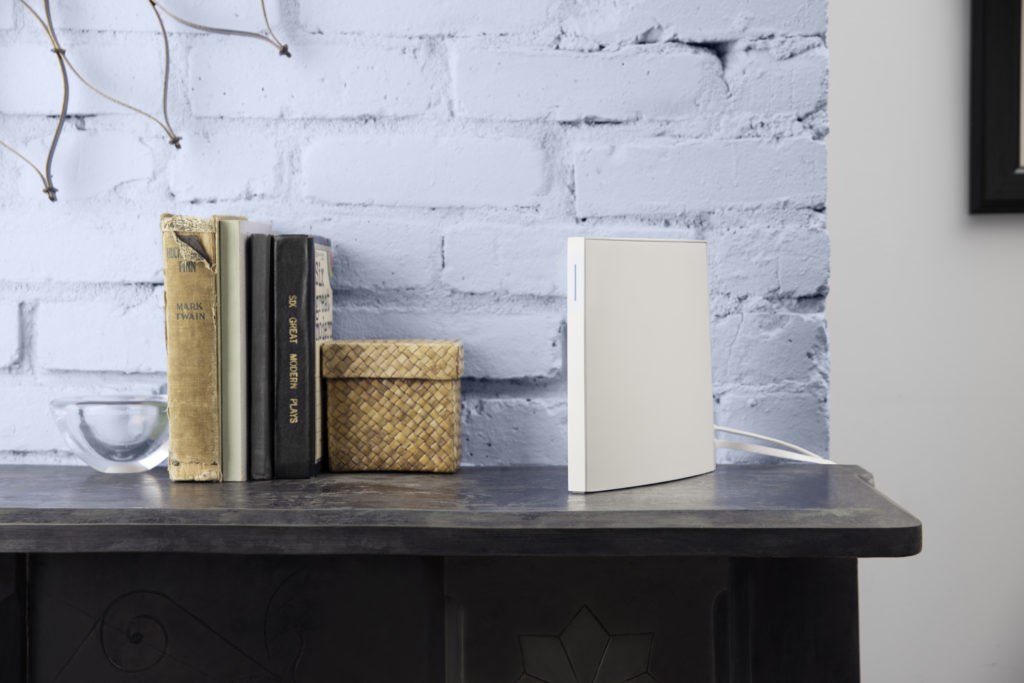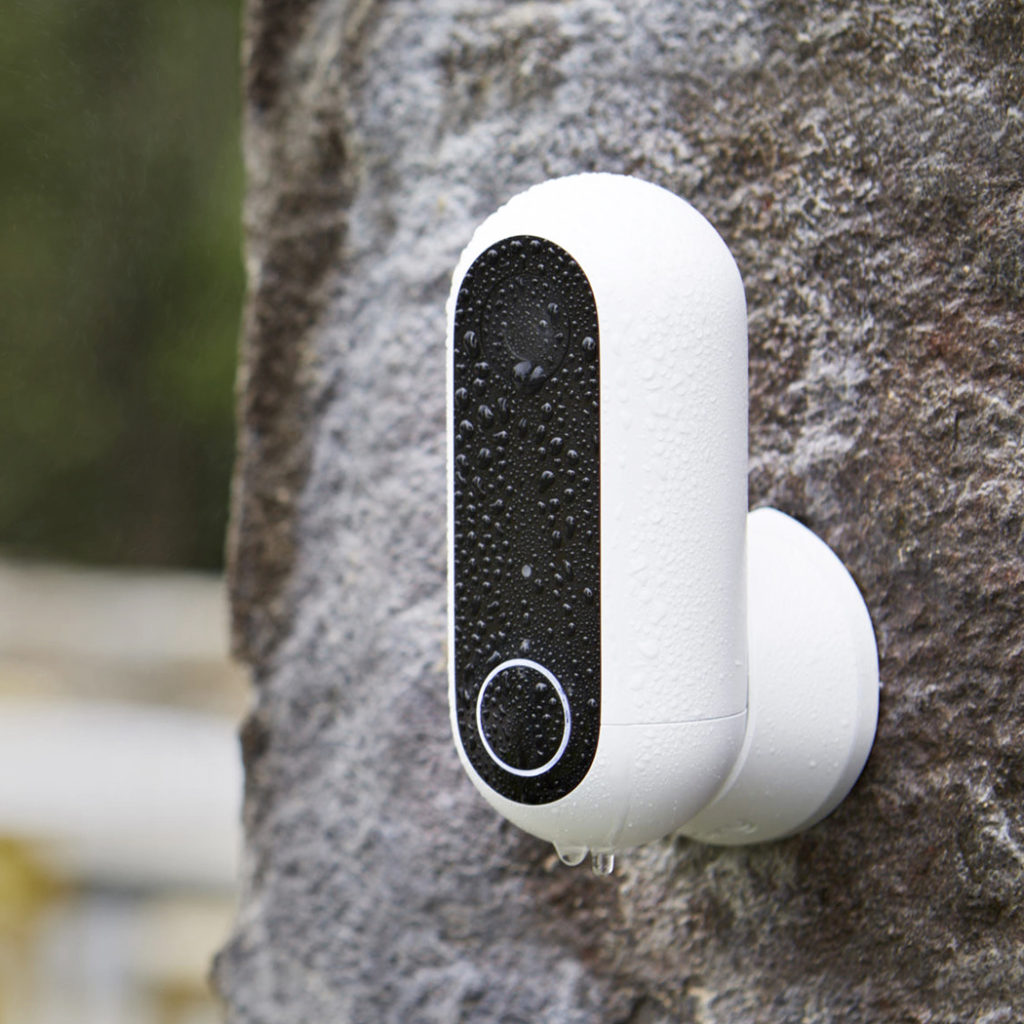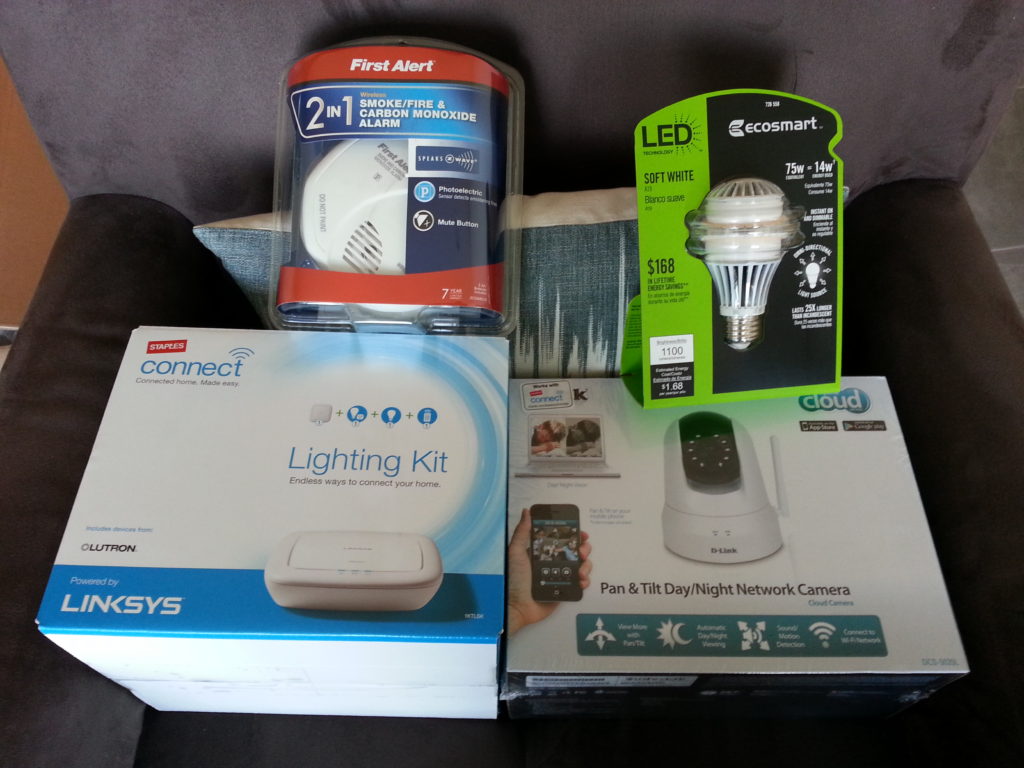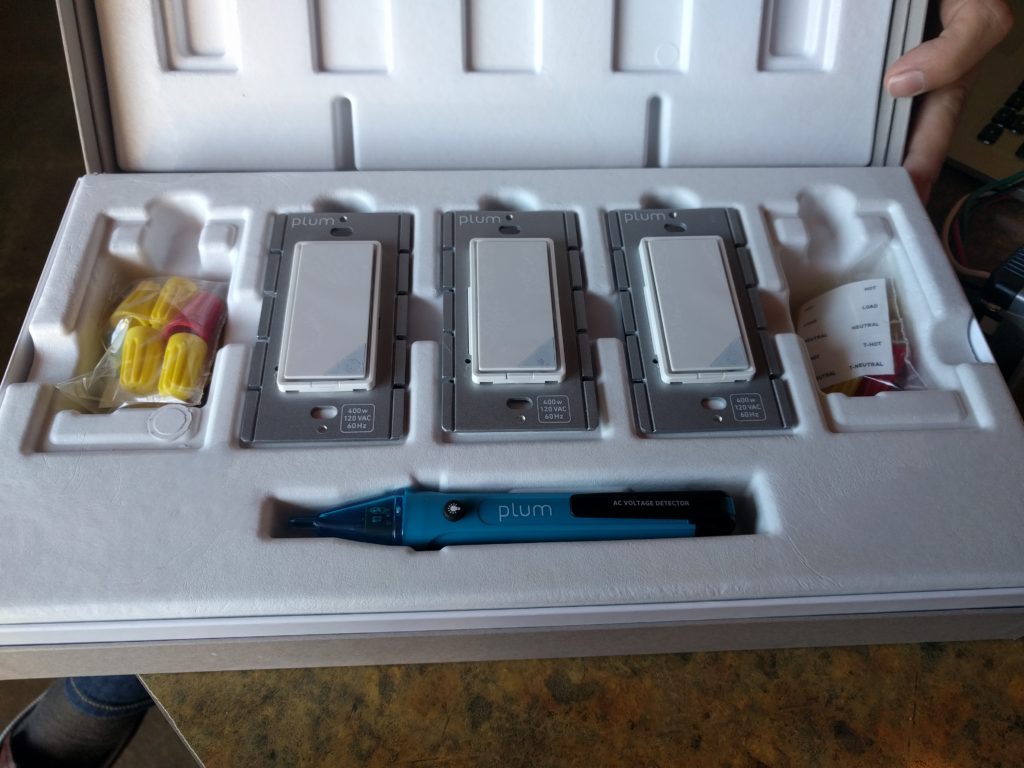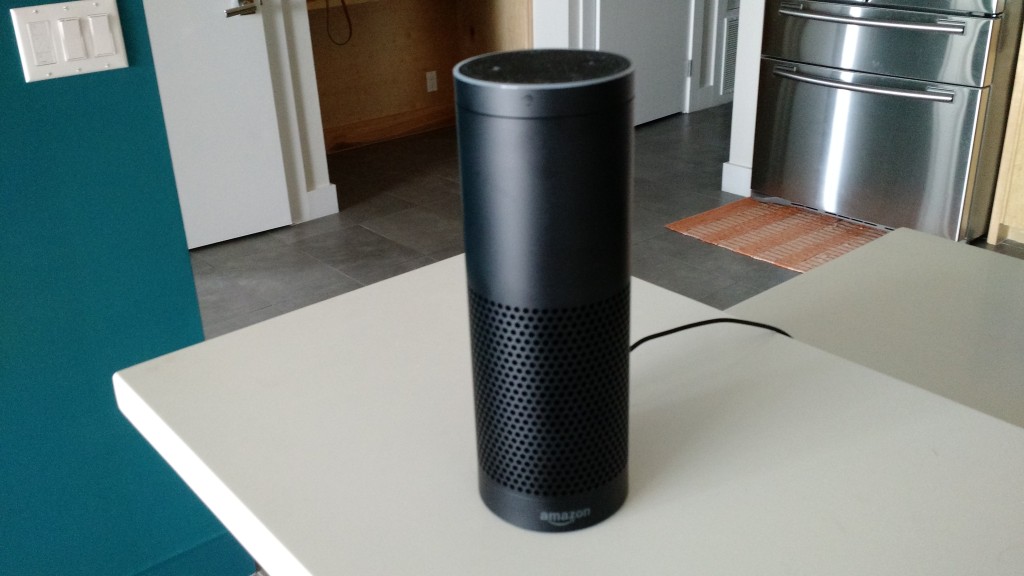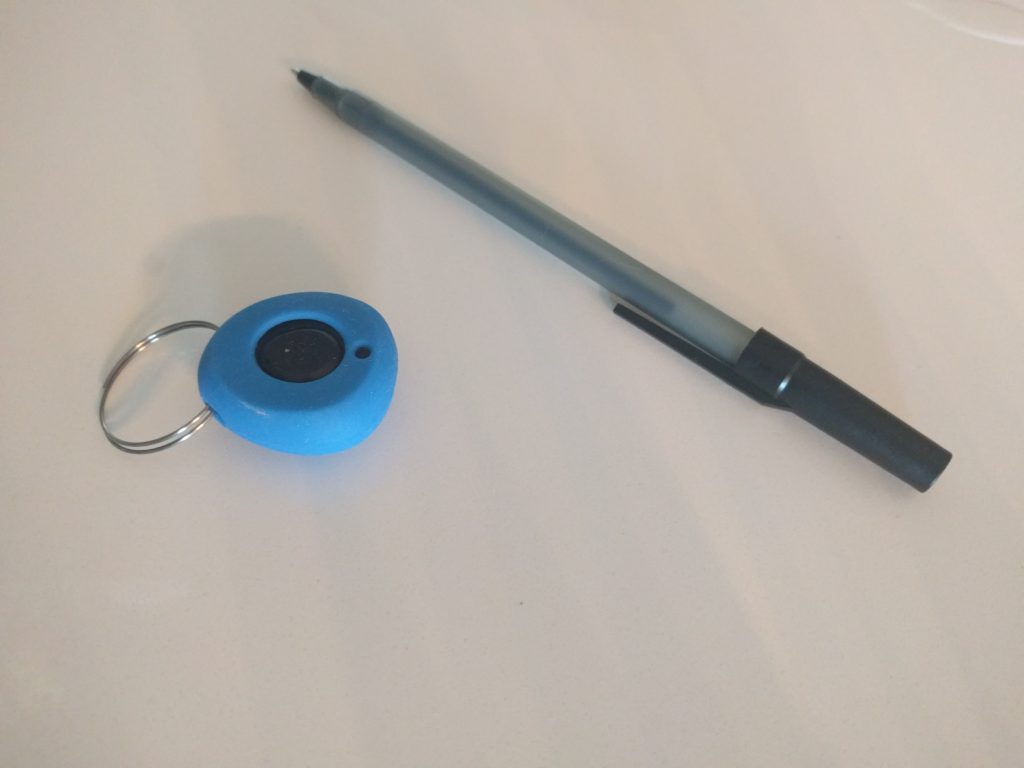This week’s podcast is light on the smart home and heavy on the infrastructure required to make the internet of things work. Kevin and I explain why Qualcomm’s $37 billion buy of NXP makes sense, the details behind NB-IoT, which is yet another low power wireless network and how Microsoft is stepping up to protect security for the internet of things. Speaking of security, we also talk briefly about Netatmo’s new outdoor security camera as well as the best cheap wireless security camera money can buy. For fun, I talk about my visit to the B8ta store in Palo Alto, which was a connected gadget lover’s dream.
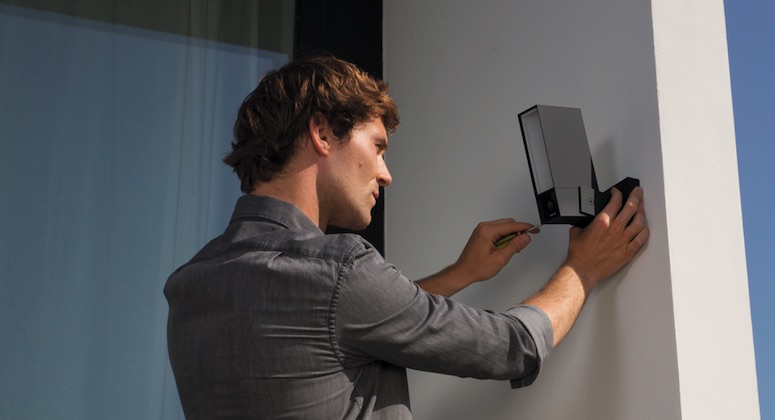
After all this, I bring out the second of my two security interviews, Brian Knopf, who is the director of security research at Neustar. Knopf has a deep history in working security for connected devices have worked at Belkin and Wink. We talk a bit about the challenges exposed by the Mirai botnet and what consumers should look for in connected devices.
Some people may also find that having security measures on their property can help lower their home insurance rates. If you have these installed, there is no reason to wait for coverage, as you can look online to find the one that suits your needs best.
In the meantime, enjoy the show!
Hosts: Stacey Higginbotham and Kevin Tofel
Guest: Brian Knopf, director of security for Neustar
Sponsors: ARM and AtlasRFID (Use coupon code IOTPODCAST)
- Qualcomm needed NXP for cars, customers and a new sales plan
- Microsoft’s the first to create an IoT security service
- The best store for gadget fiends
- No one wants to pay for security
- Steps the industry must take to protect security
Podcast: Play in new window | Download | Embed
Subscribe: RSS


